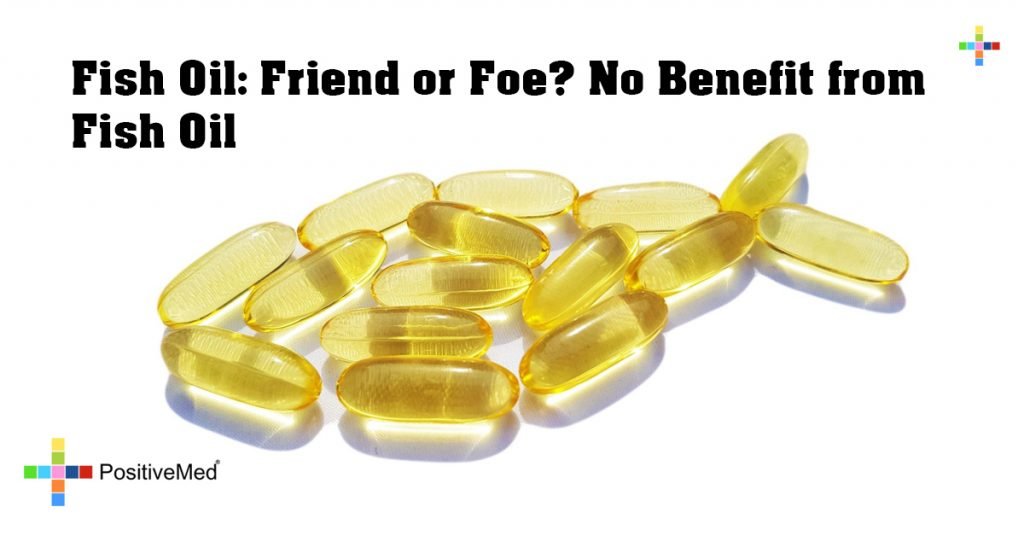
Fish oil is obtained from eating fish or taking supplements. The type of fish that are rich in the beneficial oils called omega-3 fatty acids include tuna, herring, salmon, mackerel, whale blubber, seal blubber, and cod liver. The two of the most important fatty acids found in fish oil are decosahexaenoic acid (DHA) and eicosapentaenoic acid (EPA).

Fish oil has been approved by FDA to lower the levels of triglycerides. It is also used for other conditions. It is commonly used for conditions linked to the blood system and heart. There are other people who use fish oil to lower cholesterol, blood pressure, and triglycerides. Fish oil is further used to prevent stroke or heart disease as well as clogged arteries, irregular heartbeat, chest pain, heart failure, bypass surgery, preventing blood clots, rapid heartbeat, and high blood pressure after a heart transplant.
Fish oil is also used for kidney-related conditions as kidney failure, kidney disease, and kidney problems related to cirrhosis, diabetes, heart transplantation, Berger’s disease, or use of the drug called cyclosporine.
Fish oil has been known as ‘brain food’. There are some people who eat fish to help with bipolar disorder, depression, psychosis, Alzheimer’s disease, attention deficit-hyperactivity disorder, developmental coordination disorder, epilepsy, migraine headache, mental impairment, post-traumatic stress disorder, and schizophrenia.
Fish oil can be taken orally for stomach ulcers caused by Helicobacter pylori (H. pylori), pancreatitis, inflammatory bowel disease, phenylketonuria, crohn’s disease, Raynaud’s syndrome, and Behcet’s syndrome.
Sometimes, women can take fish oil to prevent breast pain; painful periods; and problems related with pregnancy such miscarriage (caused by a condition called antiphospholipid syndrome), early delivery, high blood pressure in pregnancy, promote infant development, and slow infant growth.
The oil is also used for prediabetes, diabetes, asthma, dyspraxia, dyslexia, autism, eczema, weak bones, obesity, osteoarthritis, rheumatoid arthritis, psoriasis, multiple sclerosis, cystic fibrosis, HIV/AIDS, Lyme disease, gum disease, sickle cell disease, and prevents weight loss caused by some cancer drugs.
Fish oil is also taken by mouth for weight loss, pneumonia, lung disease, cancer, chronic fatigue syndrome, and to prevent the blood vessels from re-narrowing after a surgery to widen them.
There are some people who use fish oil for dry eyes, glaucoma, cataracts, and age-related macular degeneration (a common condition that causes serious sight problems).
Fish oil is also used intravenously for itchy skin (psoriasis), cystic fibrosis, blood infection, and pressure ulcers.
How does fish oil work?
Most of the benefits derived from the fish oil come from the omega-3 fatty acids that it contains. Our bodies do not produce their own omega-3 fatty acids. The bodies cannot still make omega-3 fatty acids from omega-6 fatty acids that are common in the Western diet. Much research has been done on DHA and EPA, types of omeg-3 acids contain in fish oil supplements.
Omega-3 fatty acids reduce swelling and pain. This explains why it is effective for dry eyes and psoriasis. The fatty acids also prevent blood clotting. This explains why fish oil is helpful for most of the heart conditions.





